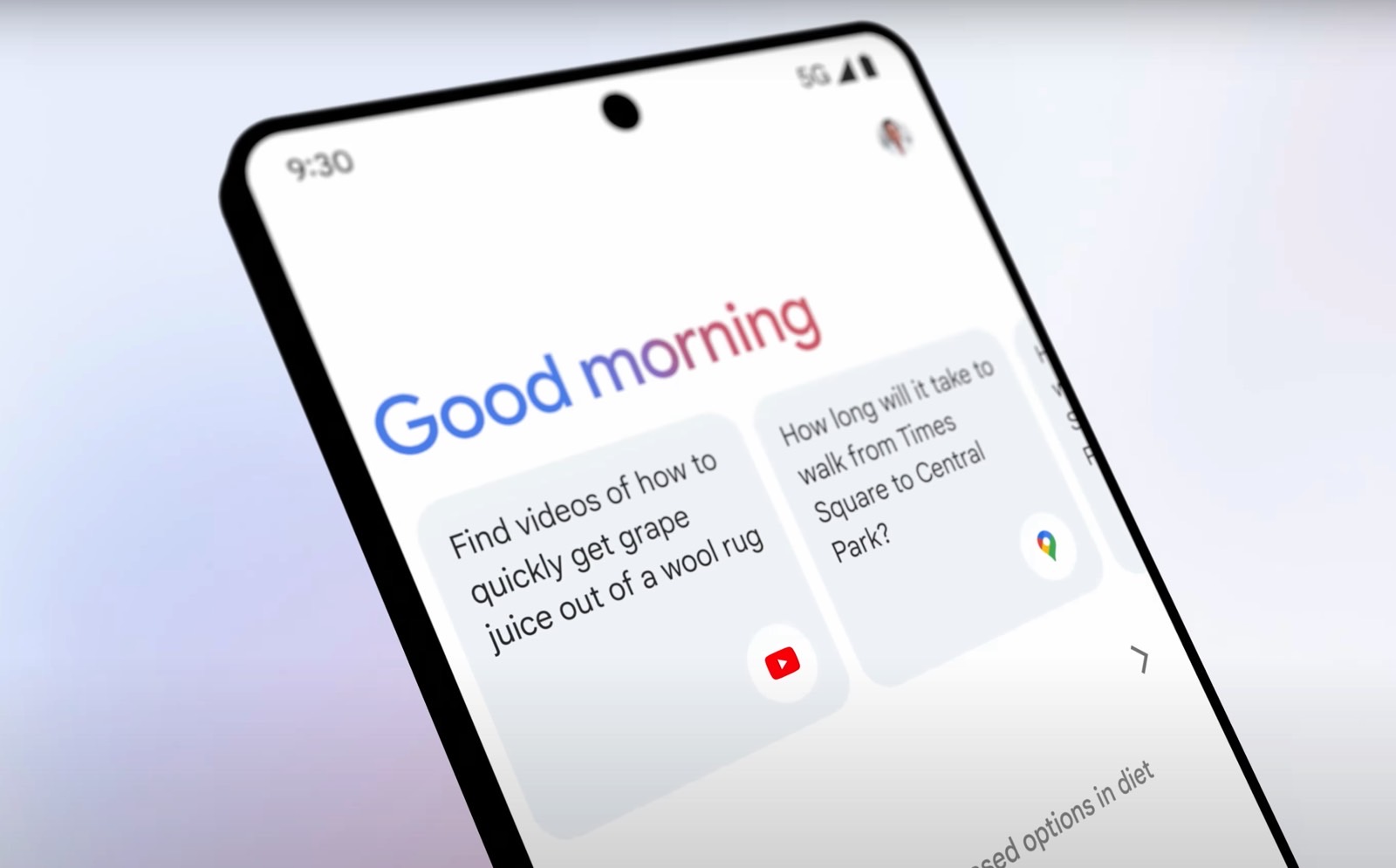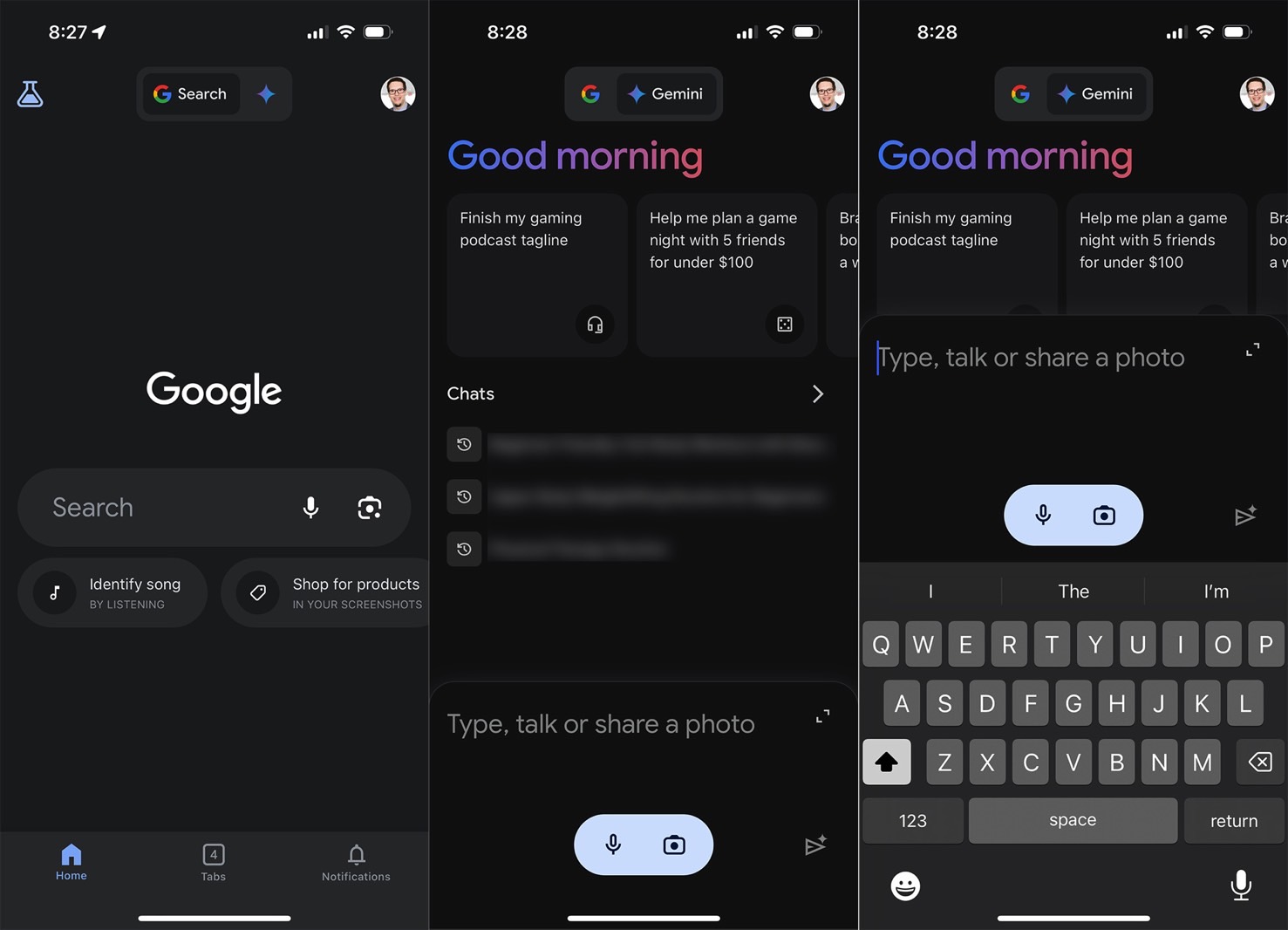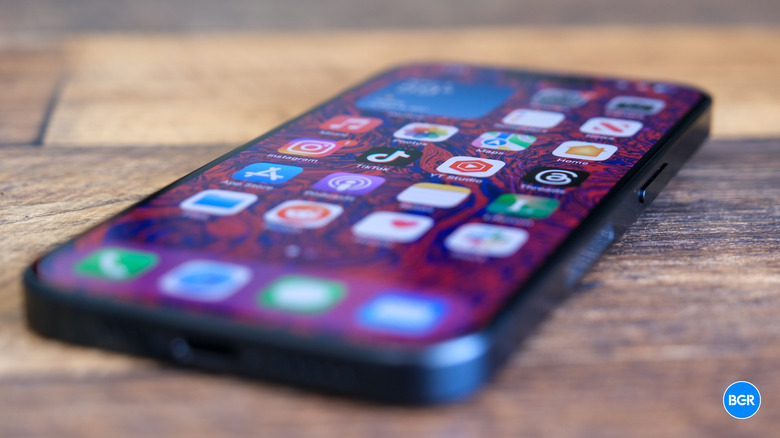Google's Latest AI Chip Makes Me Think Gemini Will Be A Good Fit For The iPhone
Several reports in the past few weeks have said that Apple is negotiating with different providers of generative AI services to use their large language models on the iPhone 16 and other iPhones that can run iOS 18. That's the big software update coming later this year, with plenty of genAI features on board.
Google Gemini kept appearing in those reports as a frontrunner, though the negotiations were routinely described as preliminary. OpenAI's ChatGPT is also an alternative for Apple's cloud-based AI needs. In China, where ChatGPT and Gemini aren't available, local tech giant Baidu might power the iPhone's cloud-based AI.
I keep saying cloud-based AI, as that's a key detail here. Apple wants a third party to help it deliver AI services that require server-based processing, but some of the iPhone's AI features will be processed directly on the iPhone.
Since Apple's WWDC 2024 event is set for early June, deals with these AI chatbot providers should not take long to complete. At the event, Apple will want to demo most of the iPhone's AI capabilities. Some of those AI features will then be available via the iOS 18 beta and other early OS releases.
While it's still unclear whether Apple will partner with Google, a big development further signals that Gemini might be the right fit for Apple. Google has a new custom chip in the works whose main purpose is to handle the server side of things for AI applications.
I explained why Apple might need Google or a different AI service provider when these reports emerged. First, Apple's in-house chatbots might not be ready to compete against ChatGPT and Gemini. They'll need training and time to get there.

Secondly, even if Apple's GPTs are as powerful as ChatGPT and Gemini, Apple's infrastructure might not match Google's or OpenAI's. GenAI is coming to possibly a billion Apple devices, not just iPhones but iPads and Macs, too. They'll all support on-device and cloud-based AI features, or that's the common assumption.
Maybe Apple has to deal with these problems, and a partnership with Google would fix them. Not to mention that relying on Gemini means pointing the finger at Google every time Gemini fails.
A report from The Wall Street Journal details Google's new Axion chip for data centers. It's a custom Google chip that will handle cloud-based AI tasks and reduce the company's reliance on companies like Intel and Nvidia, some of the usual silicon providers ready to handle the needs of the nascent genAI market.
Axion is based on Arm designs, and it's a CPU that will power some of Google's data centers. The WSJ explains:
Axion chips are suitable for a range of tasks including powering Google's search engine and AI-related work. They can play an important supporting role in AI by helping to process large amounts of data and handling the deployment of the services to billions of users, Google officials said.
The Axion chips should improve performance by up to 30% compared with other Arm-based competitors. Google doesn't intend to sell the Axion CPUs to competitors but plans to rent the custom chips to cloud customers. The report says the Axion chips will be available to external customers later this year, while Google's latest generation of TPUs is widely available.
The TPUs, or tensor chips, process the AI requests in the cloud and connect to the CPUs.

The report doesn't mention Apple by name, but these developments make me think that Google is scaling its server infrastructure to serve the growing needs of companies offering AI services. That includes making faster chips like Axion to potentially support billions of users.
Gemini also runs on Android, meaning at least another billion AI users will come from Google's mobile operating system. Then there's the web, where Gemini is also available to billions of users worldwide. And you can run Gemini on iPhone right now, via the Google app.
Not every internet user will use AI features on their devices, even when available. But Google and everyone else have to be ready to sustain a growing number of users. Also, those who get a taste of AI and like it might use it more and more. This would require a proper infrastructure.
Google did mention Snap as one of the customers that plan to test the new Axion chips. Apple could always be another, given its AI needs for the iPhone. That's all speculation, of course. But, with two months to go until WWDC 2024, things should get clearer.
